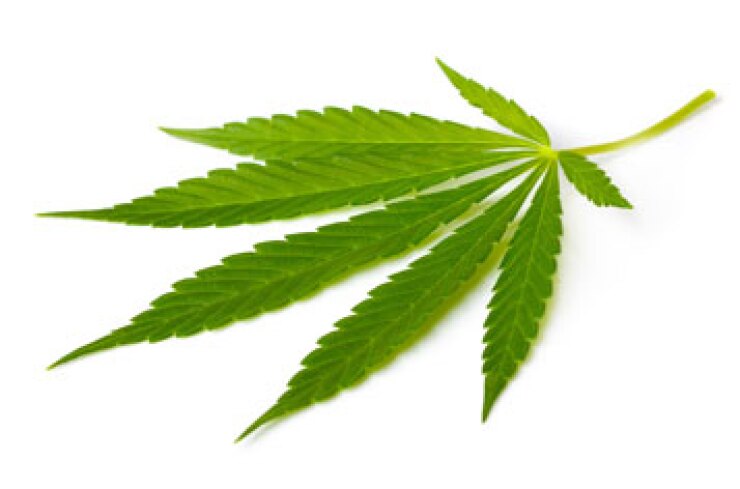
SAN FRANCISCO - Tax revenues from legalized marijuana sales may be lower than expected in Washington, but the shortfall will not impact the state's credit quality, Moody's Investors Service said in a report.
Washington, rated at Aa1 with a stable outlook by Moody's, is the nation's second state to legalize recreational marijuana and opened its stores on July 8.
"We anticipate some competition and supply challenges that could result in lower than anticipated sales in the first year," Moody's analysts said in a report July 21. "However, the state's biennial budget does not account for the revenues until fiscal years 2015-17 and then projects that it will be a minimal source of funding for the state's general fund."
One challenge will be the heavy taxation of marijuana, which is likely to deter many consumers, Moody's said. Washington's marijuana taxes include a 3-tiered 25% excise tax, in addition to the 9.6% state and local sales tax.
In total, consumers face an estimated effective tax rate of 44% at the retail level, according to the report.
By comparison, Colorado, the other state that has legalized marijuana, imposes a 15% excise tax alongside a 12.9% combined sales tax for consumers.
Marijuana sales will also face high competition from the state's loosely regulated medicinal marijuana market, which has a much lower tax rate for consumers and a fairly straightforward process to obtain a subscription.
Moody's also points to a lower than anticipated number of storefront licenses issued by the state's Liquor Control Board, with just 24 licenses being issued one day prior to the first day of sales.
The low number of licenses is largely due to a backlog of applications and the stringent requirements to pass an inspection, according to the report.
"Many of these challenges will have a short-lived impact on the state's recreational marijuana market, as supply will eventual be able to ramp up to meet demand," analysts said.
They noted that in Colorado, marijuana shortages resulted in increased prices for the product within weeks. In addition, the state did not include any marijuana revenues in the current 2013-15 biennial budget, and no revenues are earmarked for local governments.





